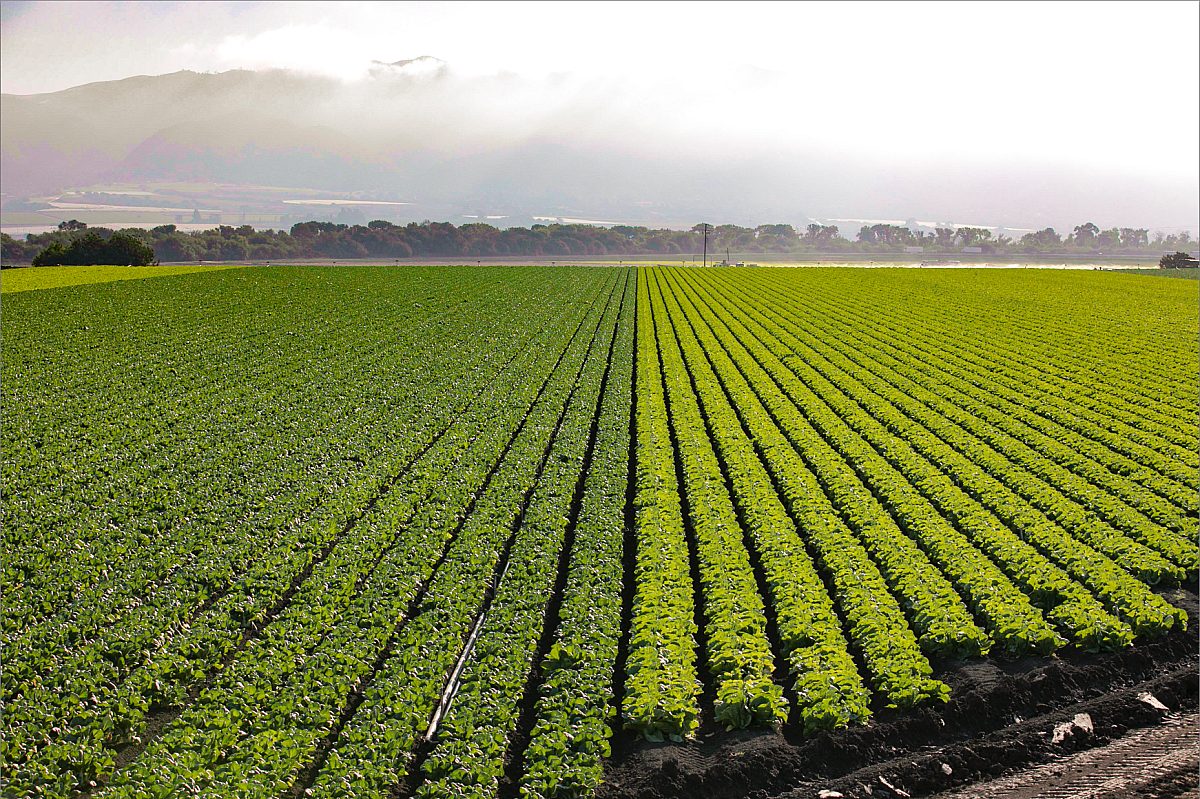Help Wanted: Seeking a Solution to the Ag Labor Crisis
Zippy Duvall
President

photo credit: AFBF Photo/Philip Gerlach
Zippy Duvall
President
“Help Wanted.” “Now Hiring.” “Apply now!” Drive through any town – large or small – and you’ll see businesses looking for employees. We’ve been trying to fill open positions on America’s farms and ranches for decades, so we’re no stranger to the current labor shortage. Finding Americans who want to work on the farm and get their hands dirty becomes harder each year. America’s farmers and ranchers have increasingly relied on workers from other countries to help us milk our cows and raise and harvest our crops.
Workforce shortages are the most significant limiting factor for growth in agriculture as America’s farmers and ranchers continue our mission to deliver a safe and sustainable source of food for our nation and the world. Events over the past two years have underscored why the world needs to support farmers and ranchers as we work to ensure that our food supply is reliable and affordable for everyone. We are being asked to increase production to help feed a troubled world because of the war in Ukraine and other challenges. Farmers are up to it, but we need Congress to help us answer that call by providing a legal framework that enables us to hire the workers needed to meet the challenge.
Workforce shortages are the most significant limiting factor for growth in agriculture as America’s farmers and ranchers continue our mission to deliver a safe and sustainable source of food for our nation and the world.
For decades, the American Farm Bureau has been advocating for reforms to our ag labor system. We need solutions that allow more workers to come to our farms from other countries, help workers who don’t have proper documentation come out of the shadows, and provide stability in labor costs. In this Congress, and the previous Congress, members of the House put forward legislation intended to achieve these goals. Unfortunately, the bill that was introduced fell short. It may have provided temporary relief to some, but it doesn’t provide a long-term solution for all. That’s why we have been committed to working with the Senate to produce a more comprehensive solution.
Since the House passed its bill, we have been working closely with Senators who share our goal of achieving ag labor reform. For months, Farm Bureau has been at the table and actively working to ensure the shortcomings of the House-passed legislation are resolved in a Senate bill.
One of the major challenges we face today is the absence of a year-round agriculture work visa. The H-2A program that many farmers use is limited to seasonal employment. As a former dairyman, I can tell you that our cows needed milking multiple times every day, year-round, so a seasonal work visa simply doesn’t work for everyone. We were pleased to see the House create a year-round agriculture visa program, but there was a big problem. They limited the number of these visas to just 20,000 a year, with only modest increases available in future years. That might sound like a lot, but there are at least 30,000 full-time farm jobs in Wisconsin alone. Another issue with this approach to year-round visas is that half of the visas are reserved only for the dairy industry, leaving farmers in other year-round sectors like livestock, mushroom production, and some greenhouse operations without ample access to a year-round workforce.
We also continue to work on challenges with the Adverse Effect Wage Rate (AEWR), the government-set wage that farmers and ranchers must pay H-2A workers. The government uses a flawed formula that often results in significant yearly increases that outpace wages in the broader U.S. economy. Farmers work on slim margins and can’t set the price of their products to keep up with labor costs. Farmers want to offer their employees a competitive wage for their hard work, but they must stay in business to continue providing these employment opportunities.
Another problem with the House-passed bill is that it would put farmers at greater risk of facing frivolous lawsuits. Currently, the H-2A program is governed by a long list of regulations covering all facets of the program, including working and housing conditions. These current rules work to protect both workers and farmers by providing a clear path to address concerns. If employees think they are being taken advantage of, aren’t getting the wages they are owed, or are living in unsafe conditions, they can file complaints with a government agency like the Department of Labor. The government can order farmers to fix the problem, fine them, and even prohibit them from using the H-2A program in the future.
The last time Congress passed significant reforms to our immigration system was more than three decades ago. We cannot afford to wait another three decades to address these challenges. We need to get it right this time. You better believe Farm Bureau will be at the table, working with lawmakers on both sides of the aisle to find a solution that will work for all farmers and ranchers.
Zippy Duvall
President
Vincent “Zippy” Duvall, a poultry, cattle and hay producer from Greene County, Georgia, is the 12th president of the American Farm Bureau Federation.
Trending Topics
VIEW ALL